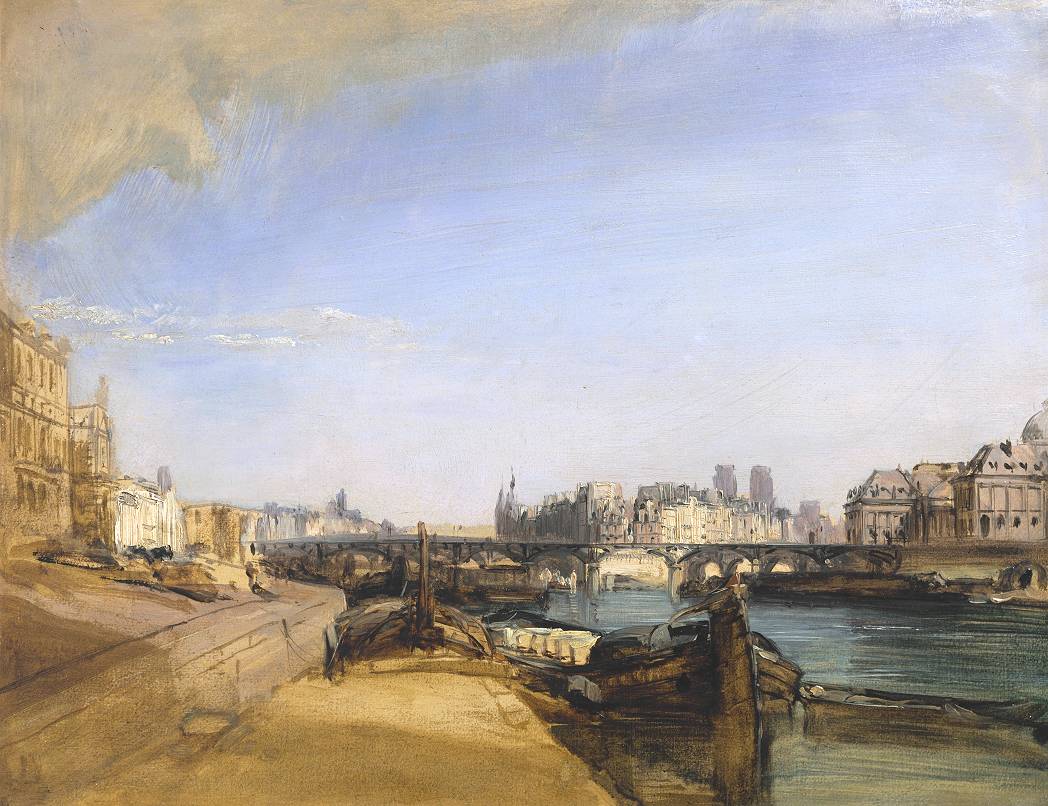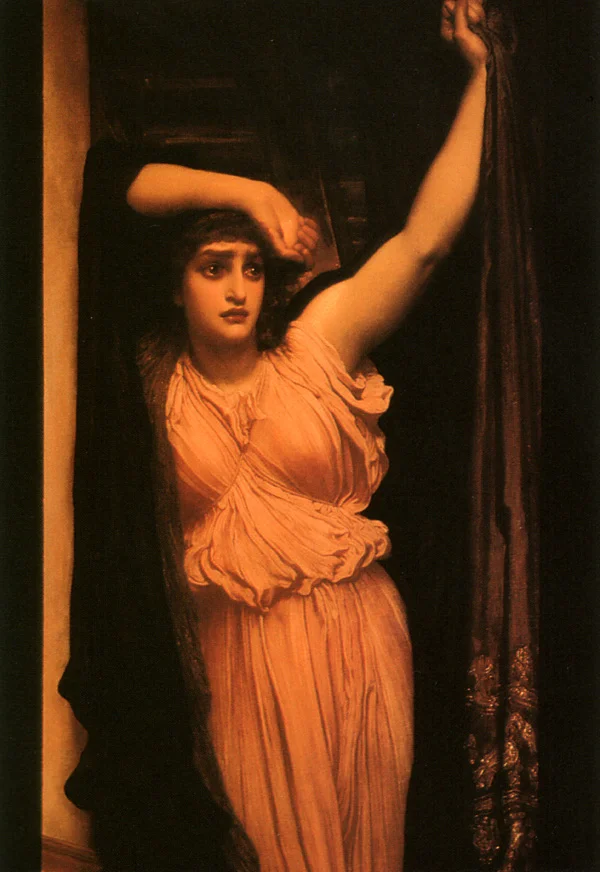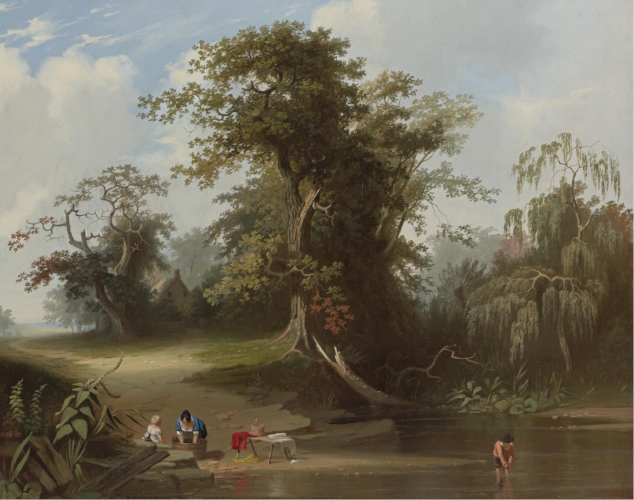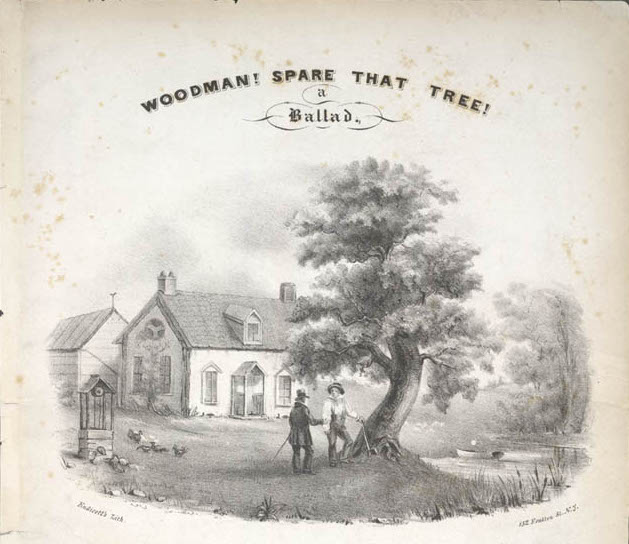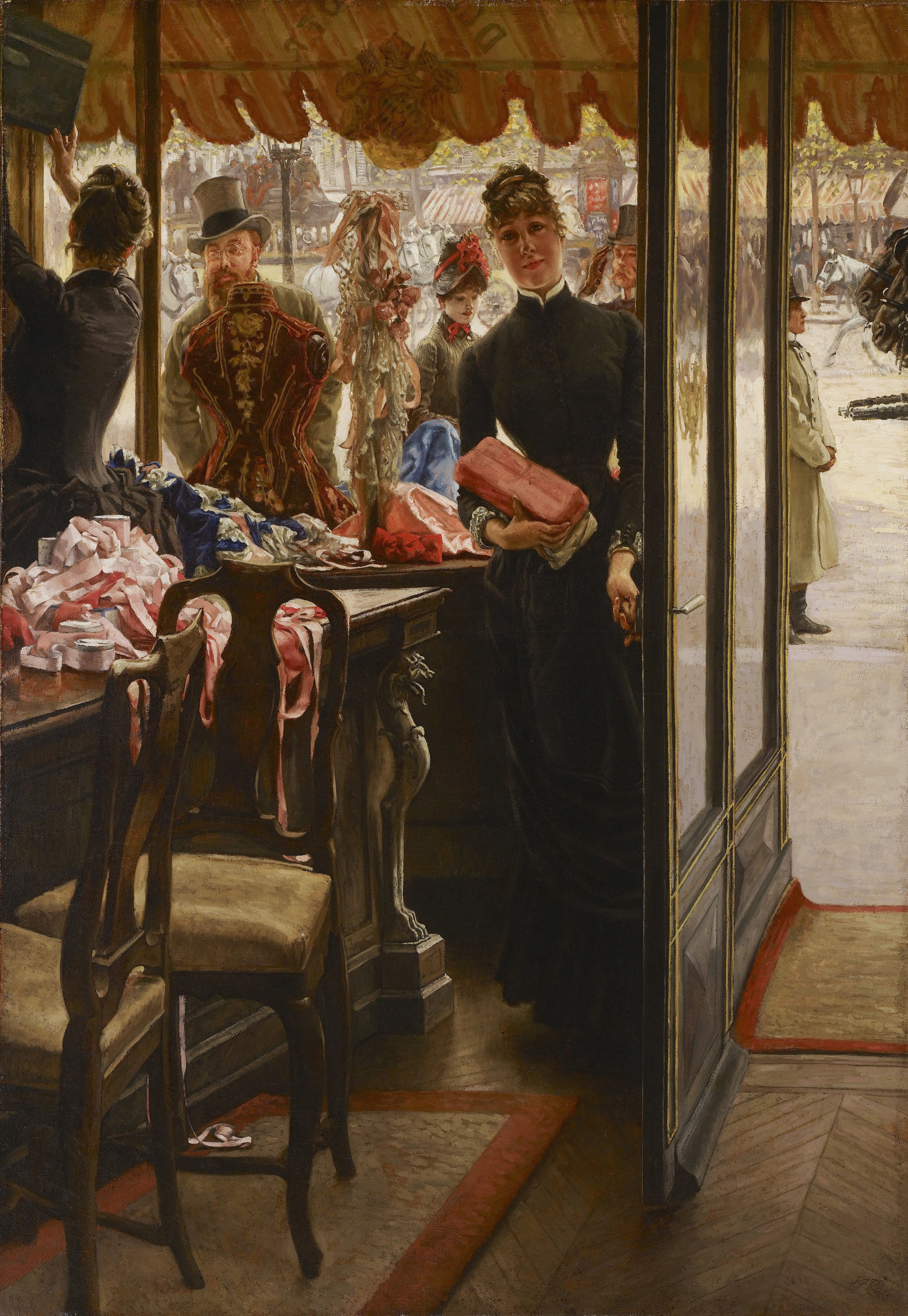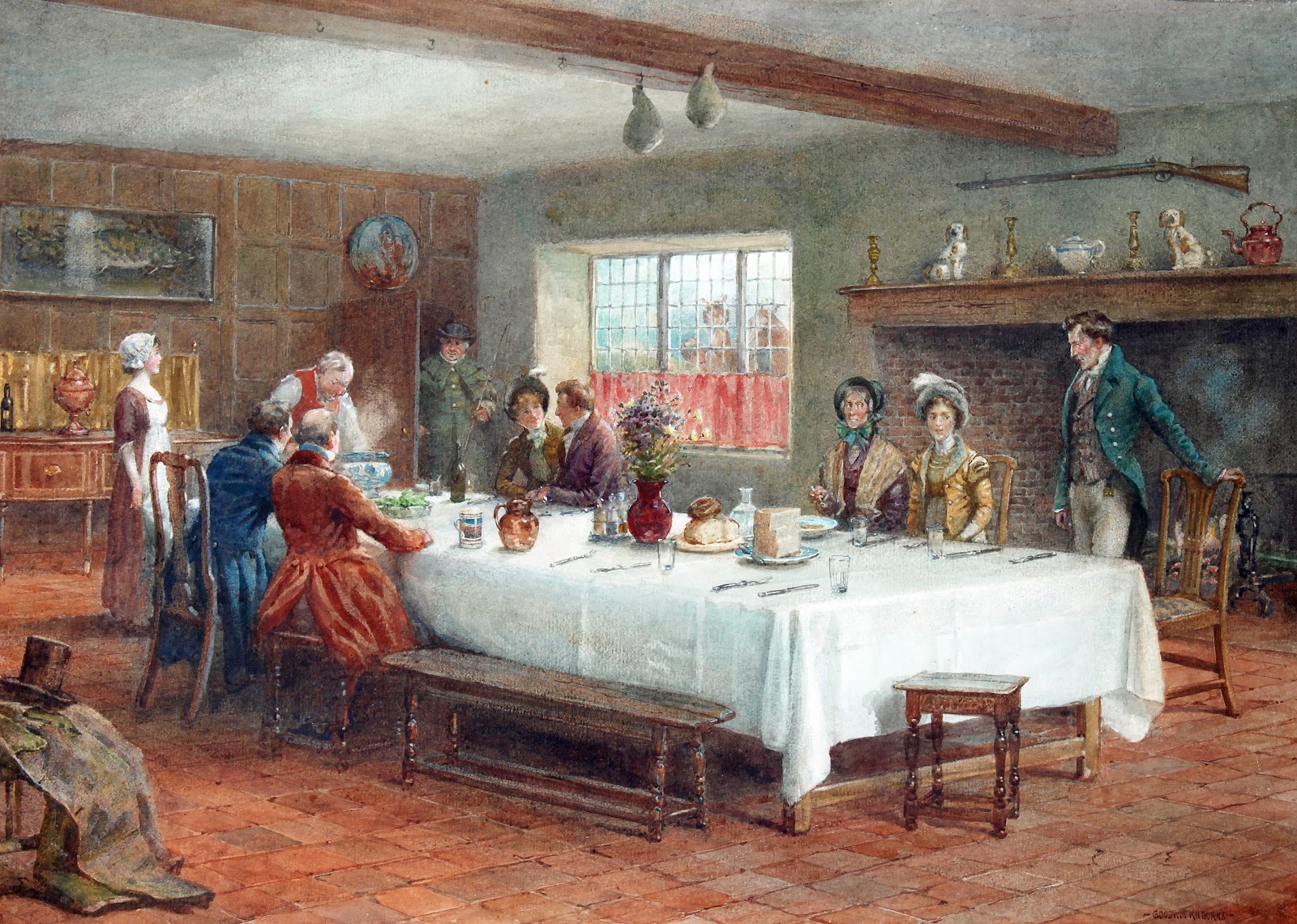Catherine Grace Frances Gore, née Moody (1799-1861), one of the most popular and esteemed novelists of the early Victorian period, wrote over 50 novels between 1824 and 1858. Mrs. Armytage dates from the year before Victoria’s accession; its compelling and original main characters more than make up for some implausible plotting.
The novel provides “a capital and very agreeable picture of society in its various shades,—the trifing, scheming, laughter-and-scandal-loving exclusives; the respectable, unpretending, domestic nobility; the smaller Yorkshire squires; the family oddities which grow up in a remote provincial neighbourhood. Most of the characters too are exceedingly well drawn,—effective yet without the exaggeration in which a more vulgar artist would have indulged.” The style is “light, rapid, sparkling, and pointed, the combined result of natural wit, much observation of life, and considerable practice in writing.” Spectator, July 9, 1836
Gore excels “in depth as well as nicety of observation, in the various portraiture of manners, and in the connecting with peculiar force minute traces of artifical character with strong movements of natural passion.” Examiner, July 24, 1836
The novel shows “acute penetration into the motives by which individuals and even whole classes of society are actually though not openly impelled. . . . The character of Mrs. Armytage is conceived with delicacy and discrimination, developed and sustained with admirable consistency and effect.” Morning Post, August 1, 1836
We “wish that Mrs. Gore could change her sex, and become M.P. for some borough . . . for she displays all the brilliant elements of one in every page. . . . Her information is abundant, her shrewdness wonderful, her tact excellent, and her perceptions of character delicate, and happy in the extreme.” Court Magazine and Monthly Critic, February, 1837
Download this week’s novel:
v.1 https://archive.org/details/mrsarmytageorfem01gore
v.2 https://archive.org/details/mrsarmytageorfem02gore
v.3 https://archive.org/details/mrsarmytageorfem03gore

